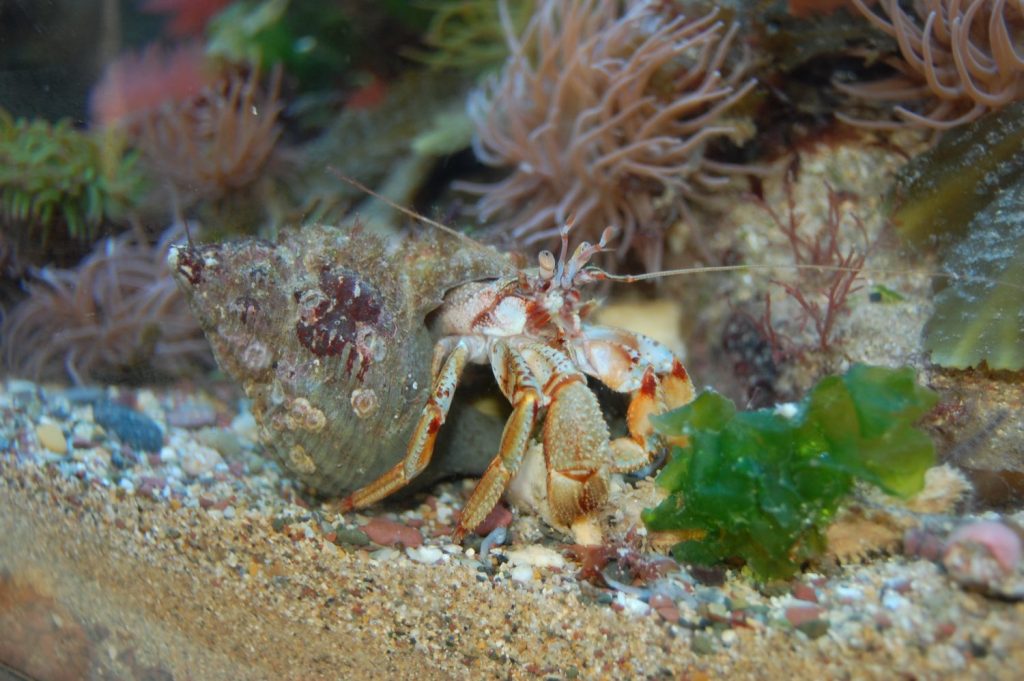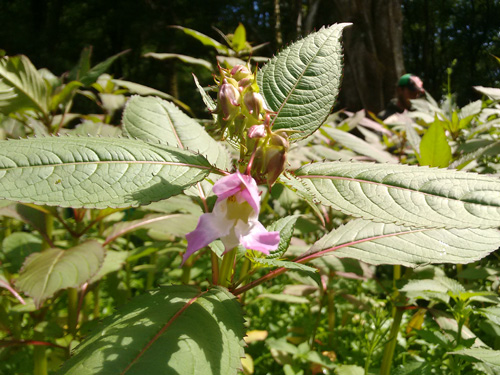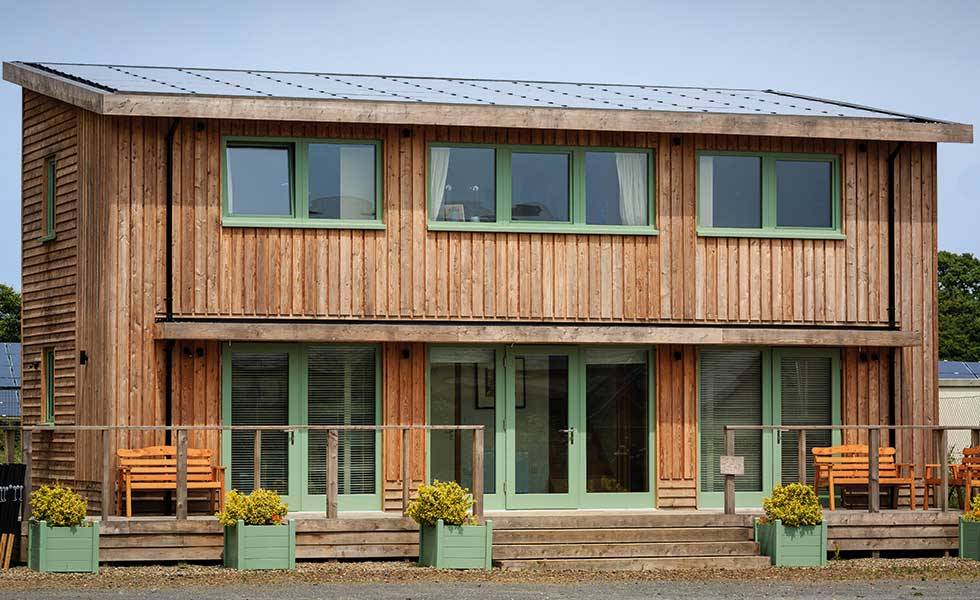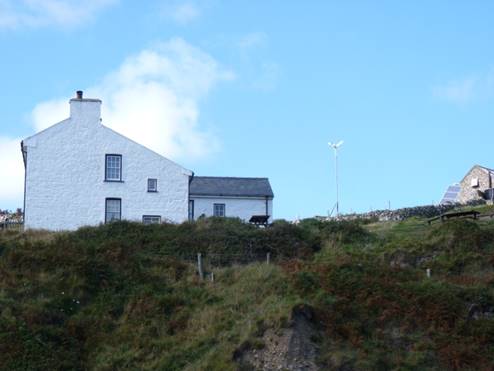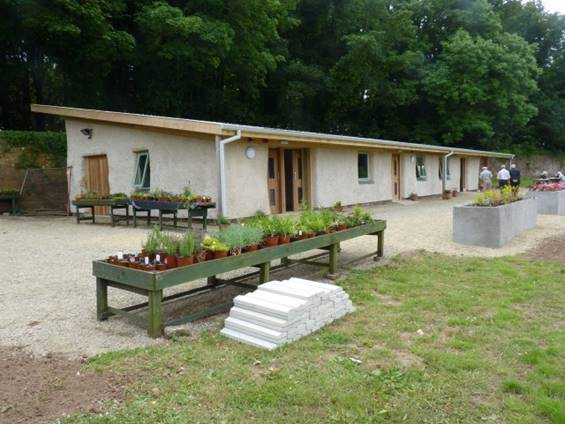Education Project Examples
Educating children and young people about their environment, the wildlife it supports and how, through our actions, we can help to protect it is vital for a sustainable future.
The SDF has therefore supported a number of innovative and exciting education projects, including the following two examples:
Marine Wildlife Awareness Schools Roadshow
SDF Funding contribution: £2,400
‘Silent World to You’ brought marine life into the classroom to deliver a fascinating touchy feely experience for primary school pupils between three and seven years old. Bringing rockpools into schools provided the opportunity for children to explore the seashore and get a flavour of what there is to see on our local beaches, without waiting for the nice weather or organising buses!
The Pembrokeshire Marine Special Area of Conservation (SAC) Group set the project up to raise awareness of local marine wildlife, the Pembrokeshire SAC and to highlight that the use of the marine environment and adjacent coast can have an effect on the marine life present in the seas around our coast.
Aquaria containing the wildlife were taken to schools and a workshop with hand on activities delivered. Supplementary resources and an extension activity pack were also prepared and left with teachers at participating schools so that they could make the most of the experience. If desired, schools could also take advantage of a follow up visit by a local marine biologist.
Twenty-five marine life ‘roadshows’ were delivered by ‘Silent World To You’; for many children, this was their first close up encounter with seashore creatures, which was wonderful. The feedback received as part of the project evaluation was very positive and the programme was oversubscribed. The engaging and interactive delivery proved very successful at raising awareness of local marine wildlife, sustainable use of the marine environment, pollution and marine conservation.
What next?
SDF funding enabled this project to get off the ground and its initial success will hopefully ensure its continuation. Funding for ongoing delivery of the roadshows may require a contribution from schools that will be subsidised by the Pembrokeshire SAC.
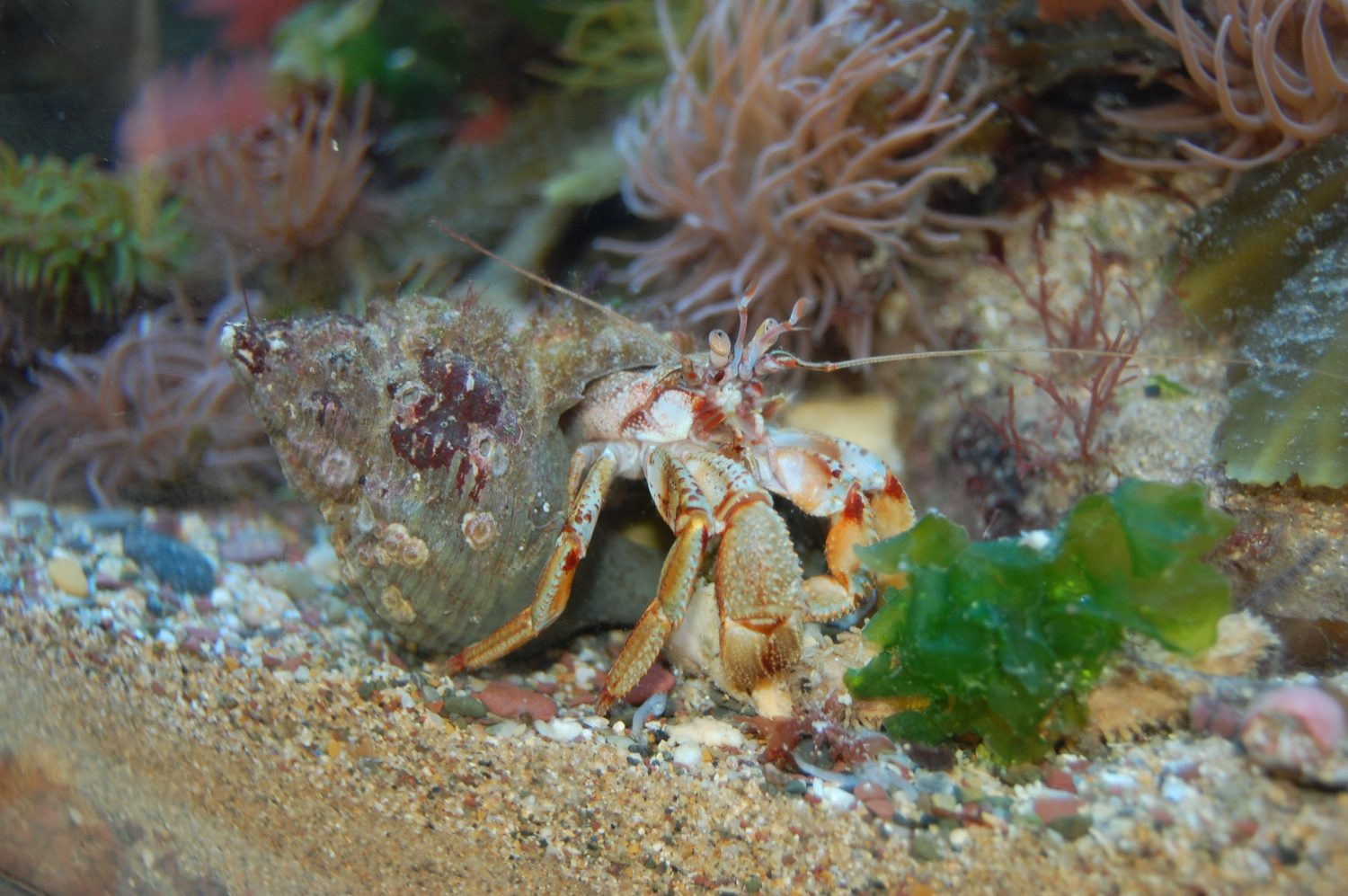
Wise up on Waste
SDF Funding contribution: £5,067
The Darwin Centre, a Pembrokeshire based charity, brings Science, Technology, Engineering and Maths (STEM) to life by delivering science and environmental field trips and follow up workshops. The SDF has supported a number of their projects but the latest financial assistance allowed them to develop a new programme called ‘Wise up on Waste’, tackling the issues of waste and what we do with it.
The project was delivered in partnership with Withyhedge Landfill Site and Recycling facility and over two years the programme, which included a site visit to the landfill and recycling facility followed by an interactive workshop, was delivered to 16 primary schools and six community groups. 363 pupils and 98 other participants benefitted from the experience.
SITA, the Recycling and Resource Management Company at the Withyhedge site, led the site visit, which left the children and other groups with a very real olfactory and visual memory of their experience! This backdrop allowed more meaningful delivery of important messages about reducing waste, landfill pressures/issues, methane removal, separating recycling materials, problems with plastics in the environment and the recycled goods market.
For some, a highlight was meeting Buster, the peregrine falcon who is employed to keep the herring gulls away. If visits to the landfill and recycling site were not possible, litter-based field trips involving collecting plastic waste from the coastal environment were offered as an alternative.
In the follow up workshop, pupils used milk and vinegar to make a plastic item for themselves. This was very successful in helping groups to understand how plastics are made and that unless they are made from constituents such as milk and vinegar they are not biodegradable.
Pupil, teacher and community evaluation revealed the success of the project in terms of interest, enjoyment and understanding.
What next?
This new programme and format will now be integrated into the Darwin Centre’s core education programme on offer to schools across the county.


